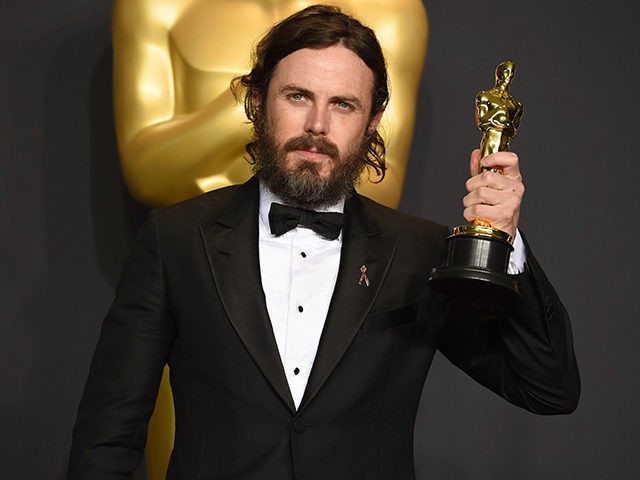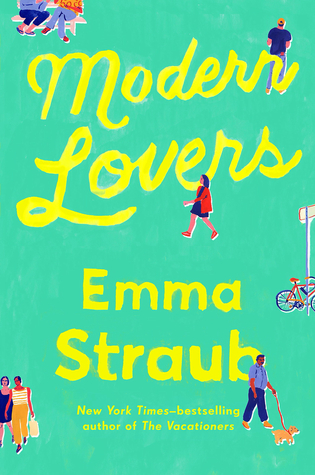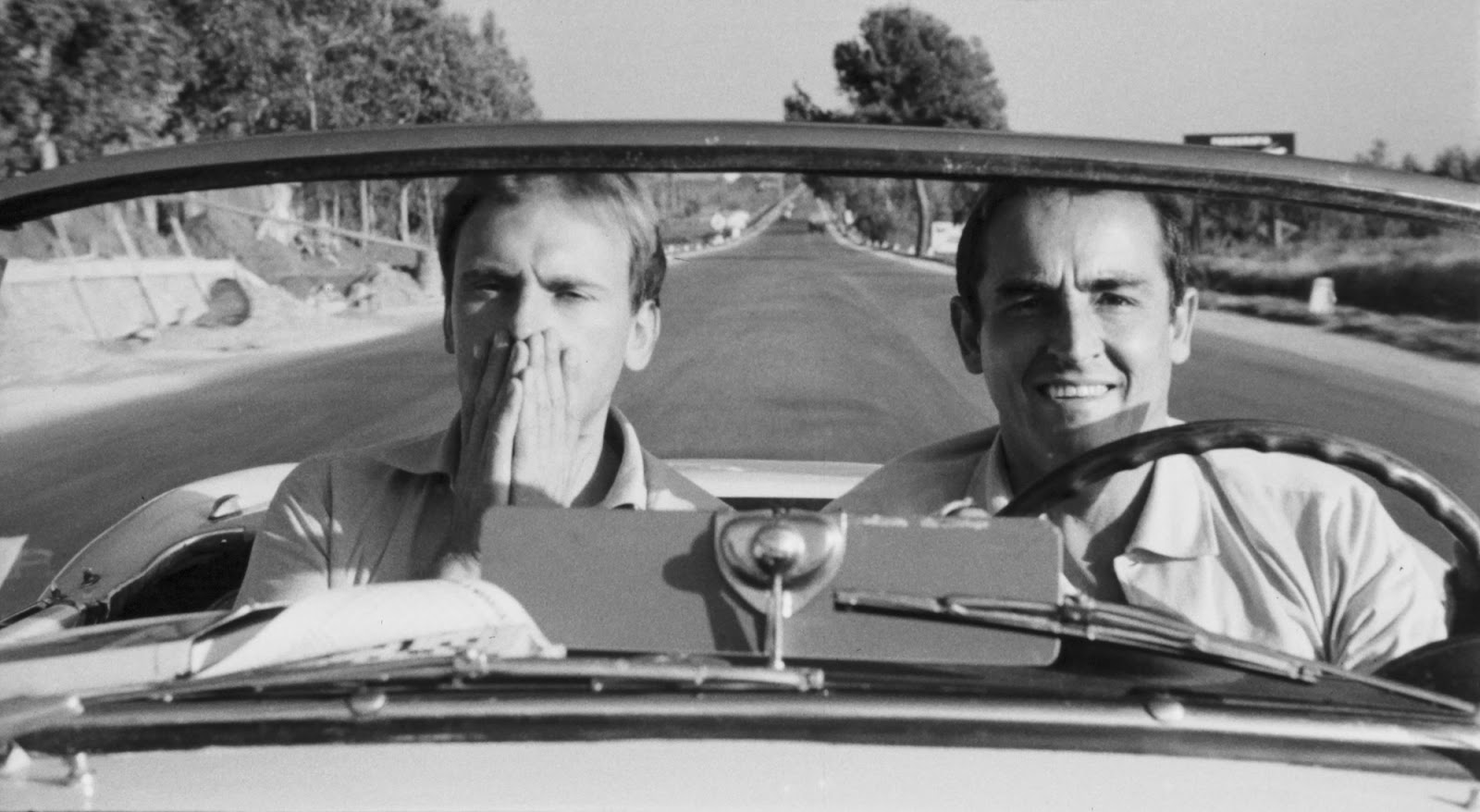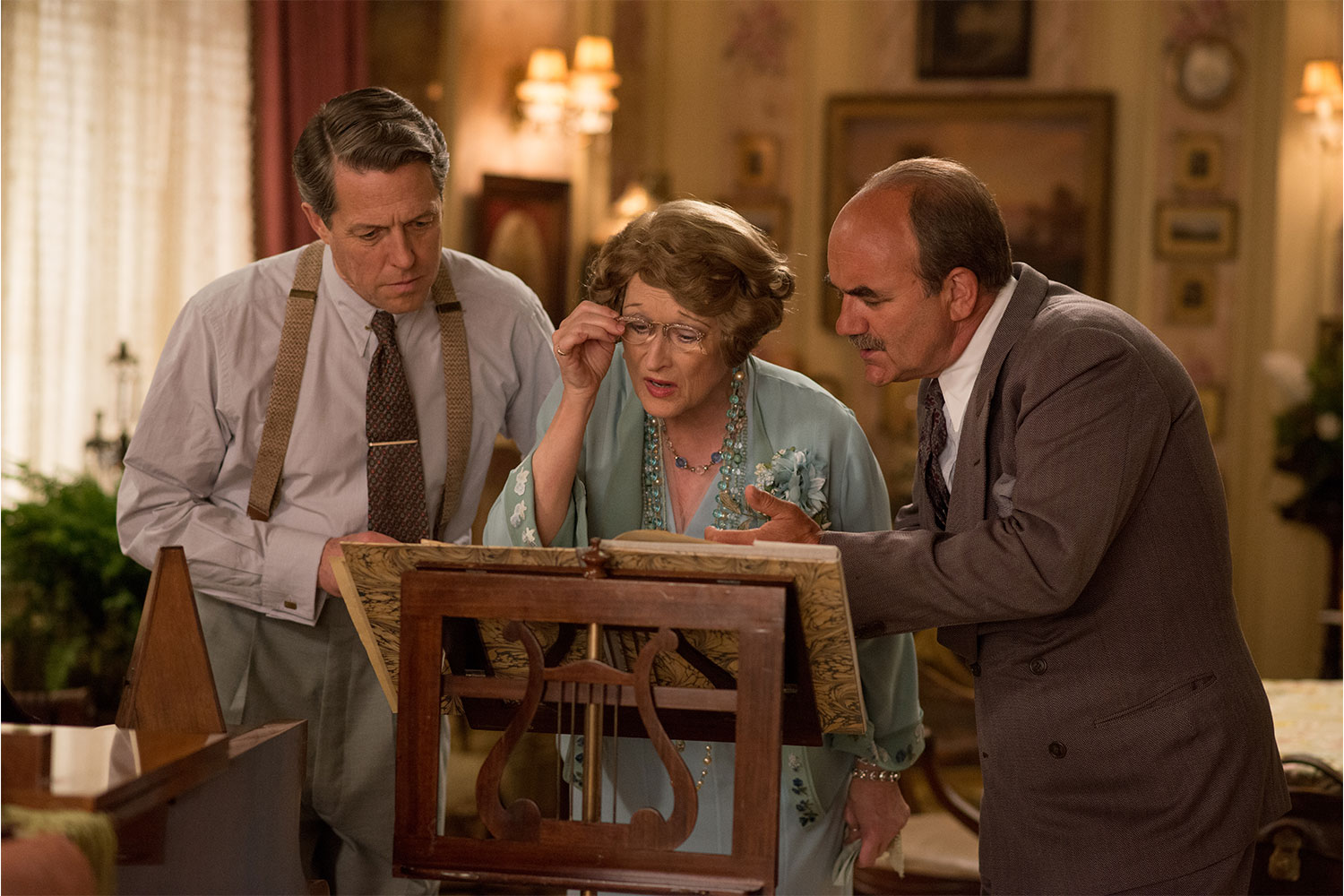Relatively speaking, this year’s Academy Awards were kind of great. La La Land (which I liked, mind you) didn’t sweep like I feared it would. Arrival got a much-deserved sound editing award, Kenneth Lonergan won Best Original Screenplay, and most importantly, Moonlight won Best Picture (along with a Best Adapted Screenplay win and Mahershala Ali’s Best Supporting Actor win). It was the first year ever that my favorite movie of the year won Best Picture. Even most of the wins I didn’t agree with I could grudgingly accept; I love Emma Stone in general, and I loved Damian Chazelle’s work on Whiplash, so I didn’t mind their wins too much.
But there was one category where I really couldn’t figure out what I wanted to win and how I felt about the outcome: the Best Actor category.
To be fair, I haven’t seen Fences or Hacksaw Ridge. For all I know, if I’d seen those, I’d be rooting for Denzel Washington or Andrew Garfield (probably the former). But when I saw Manchester by the Sea, Casey Affleck blew me away. If we’re awarding the best performance of the year, I’d say he deserves it (though I was personally pulling for Trevante Rhodes, who didn’t even get nominated—he’d probably get classified as a ‘supporting actor’ anyway).
The thing is, the situation is more complicated than that. Controversy has been swirling around Affleck for the past few months due to multiple allegations of sexual harassment.
Normally, separating the art from the artist is fairly simple to me. I’m easily able to enjoy pieces of art I enjoy that were created by terrible people; Orson Scott Card’s views about homosexuality are pretty gross, for example, but Ender’s Game is one of my favorite books. I can love Annie Hall without thinking about Woody Allen sexually abusing his daughter, and I can enjoy Mel Gibson’s performances in Mad Max and Lethal Weapon without fixating on any number of the horrifying things he has said. I understand why people would draw the line with those cases, but I’ve always had no problem overlooking behind-the-scenes happenings to appreciate the art itself.
Of course, that doesn’t mean that I necessarily support these artists continuing to have long, fruitful careers, free of serious consequences. Sure, I can enjoy Annie Hall and Vicky Cristina Barcelona, but I’d have no problem with Woody Allen being blacklisted for the rest of his life (I guess it doesn’t hurt that most of his more recent movies aren’t great). Sure, Johnny Depp in Pirates of the Caribbean is one of my earliest favorite performances, and I continue to enjoy Christian Slater’s work on Mr. Robot, but their repeated acts of domestic violence should prevent them from finding work. And sure, Casey Affleck was amazing in Manchester by the Sea, but he shouldn’t have been offered the role in the first place. Besides, it’s not like there’s any shortage of talented actors in Hollywood. I’m sure Matt Damon and Kenneth Lonergan could’ve found other actors capable of matching Affleck’s talent.
My point is that I can sit back and enjoy these performances and works of art for what they are, but when it comes to the artists’ careers, I support serious consequences. If you asked me to choose between Nate Parker having a long, fruitful career ahead of him and never making a movie again, I’d kill his career. Same goes for Casey Affleck, or Woody Allen, or any of the countless actors with a history of sexual violence. (And, just to clarify, I don’t mean to equate acts of sexual harassment with rape, but they are all lumped into the category of sexual violence—and repeated perpetrators of any kind of sexual violence clearly deserve consequences for that.)
And award shows like the Oscars complicate the whole dilemma. Because even if acting awards should be based only on performance alone, that’s not the case. There are so many other factors that go into who wins, and the outcomes of each competition carry unintended connotations outside the merit of the art.
Because winning Best Actor doesn’t just acknowledge that the performance was good; it acknowledges that the actor himself should be praised, that he should continue to receive more work and high-quality roles. Sure, awards recognition doesn’t always correlate with future success; the pattern of having a lackluster post-award career has been unofficially termed “F. Murray Abraham Syndrome,” after F. Murray Abraham failed to follow up his Best Actor win for Amadeus with many major roles.
But winning an Oscar is generally a pretty big thing for your career. Aside from the obvious prestige that an Academy Award brings, Oscar wins also correlate with higher box office revenue, higher DVD sales, higher paychecks later in your career, and higher visibility (many millions of people watching the award ceremony will do that). Jennifer Lawrence’s insane success the past few years isn’t entirely due to her 2012 Oscar win for Silver Linings Playbook, but that certainly contributed. Lawrence has been the highest-paid actress in the world since 2015, and you don’t get there just from starring in an (admittedly lucrative) young adult science fiction franchise.
So when you win an Academy Award for Best Actor, you’re probably looking at a very successful career ahead of you, especially if you’re relatively young (Casey Affleck, at 41, definitely falls into that category, especially since roles for older men are much more widely available than roles for older women).
What’s more, when a sex offender wins the Best Actor award, it implicitly sends the message to general audiences that you can get away with things like sexual assault and still be rewarded for it. When I see Casey Affleck win Best Actor, and when I see people like Mel Gibson, Woody Allen, and Donald fucking Trump continue to prosper despite the heinous things they’ve said and done, I know that it’s easy to get away with practically anything. If you’re a white man, anyway; if anyone in the film industry was actually hurt by allegations of sexual assault, it was Nate Parker, and race was almost certainly a factor.
Look, I’m all for separating the art from the artist when it comes to evaluating the quality of the art. But it’s different when our decisions actually affect the careers of the artists we’re evaluating. It’s not as simple as separating the art from the artist when rewarding the art actually rewards the artist.







